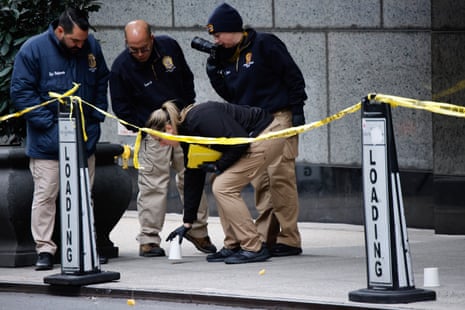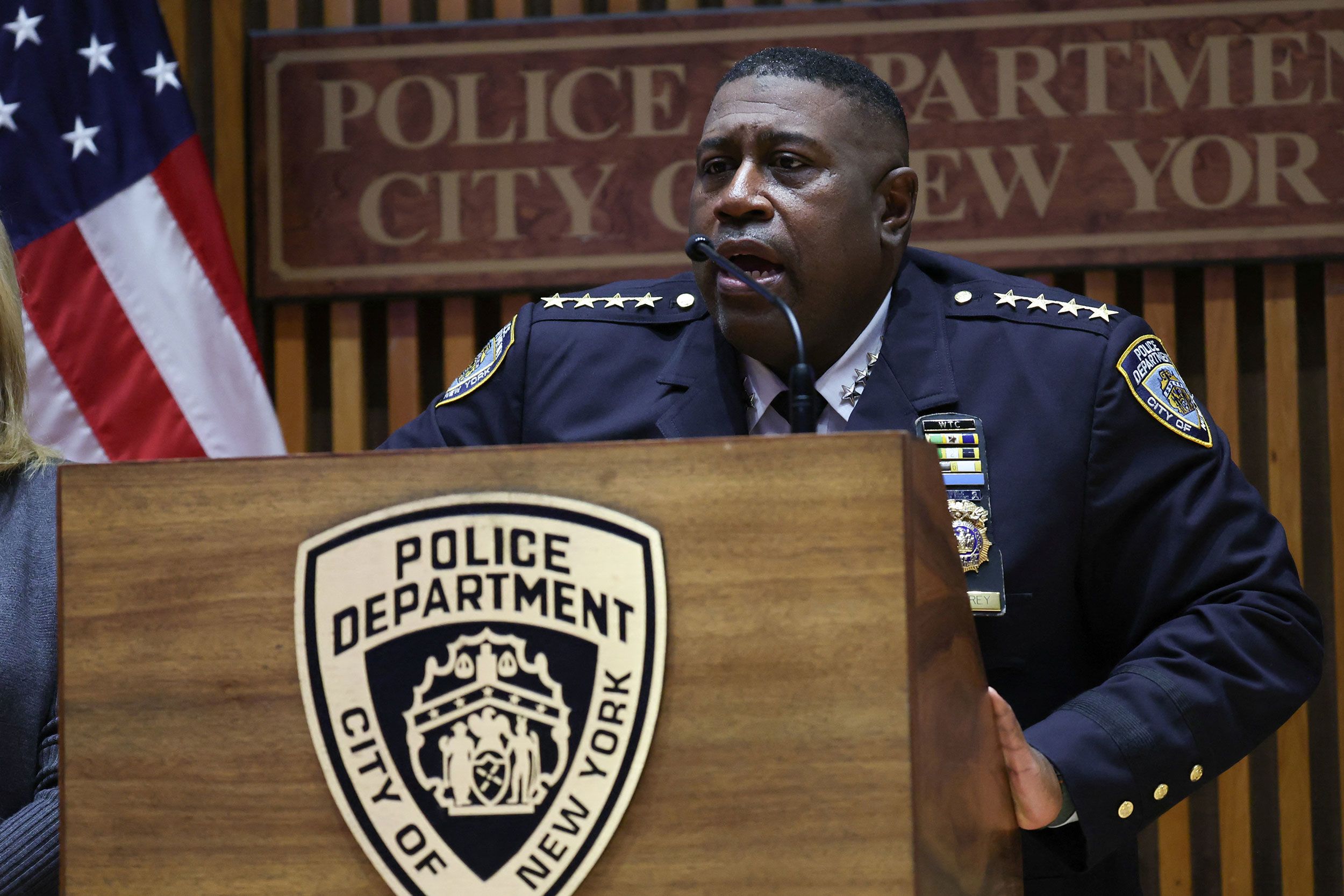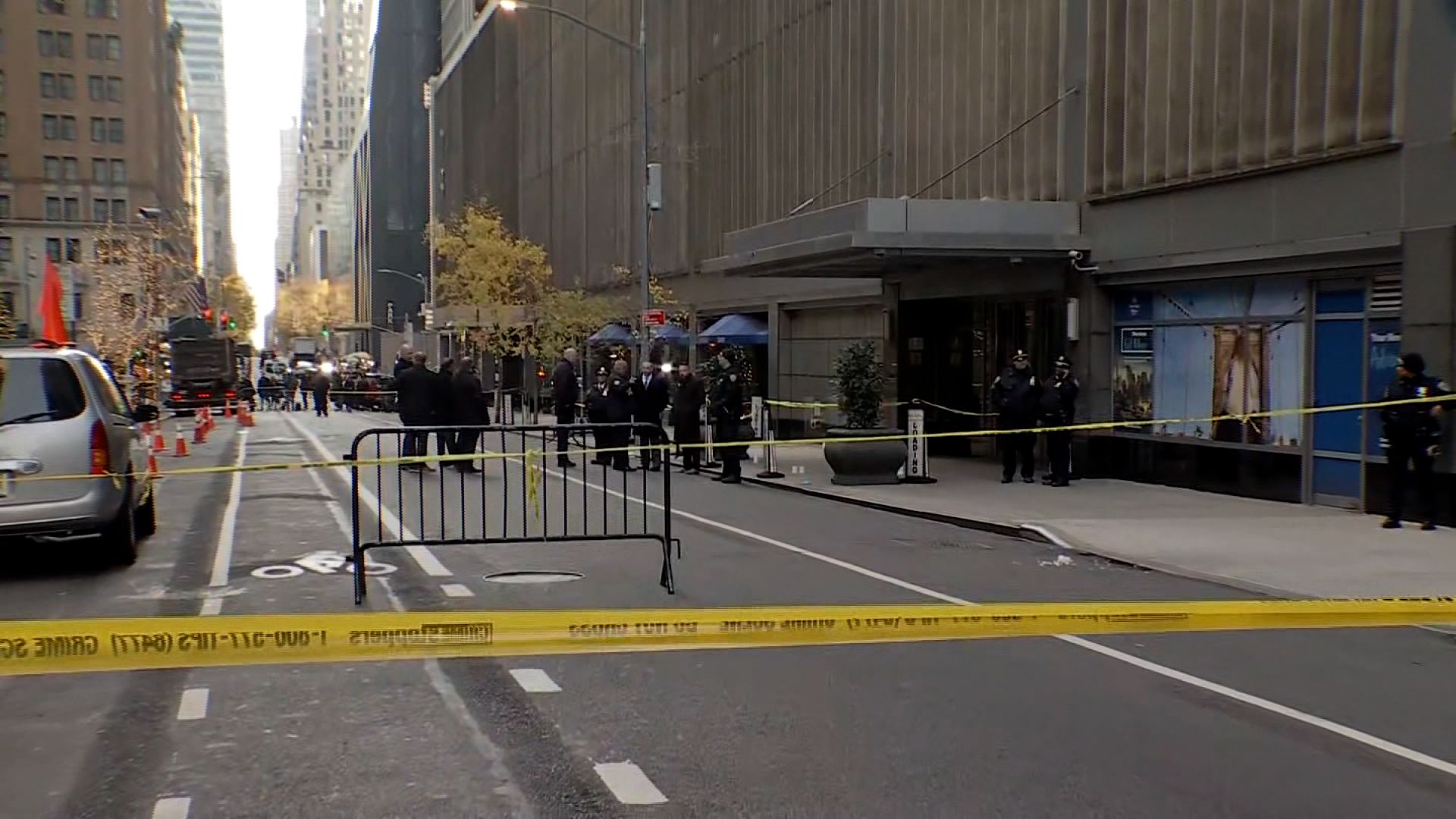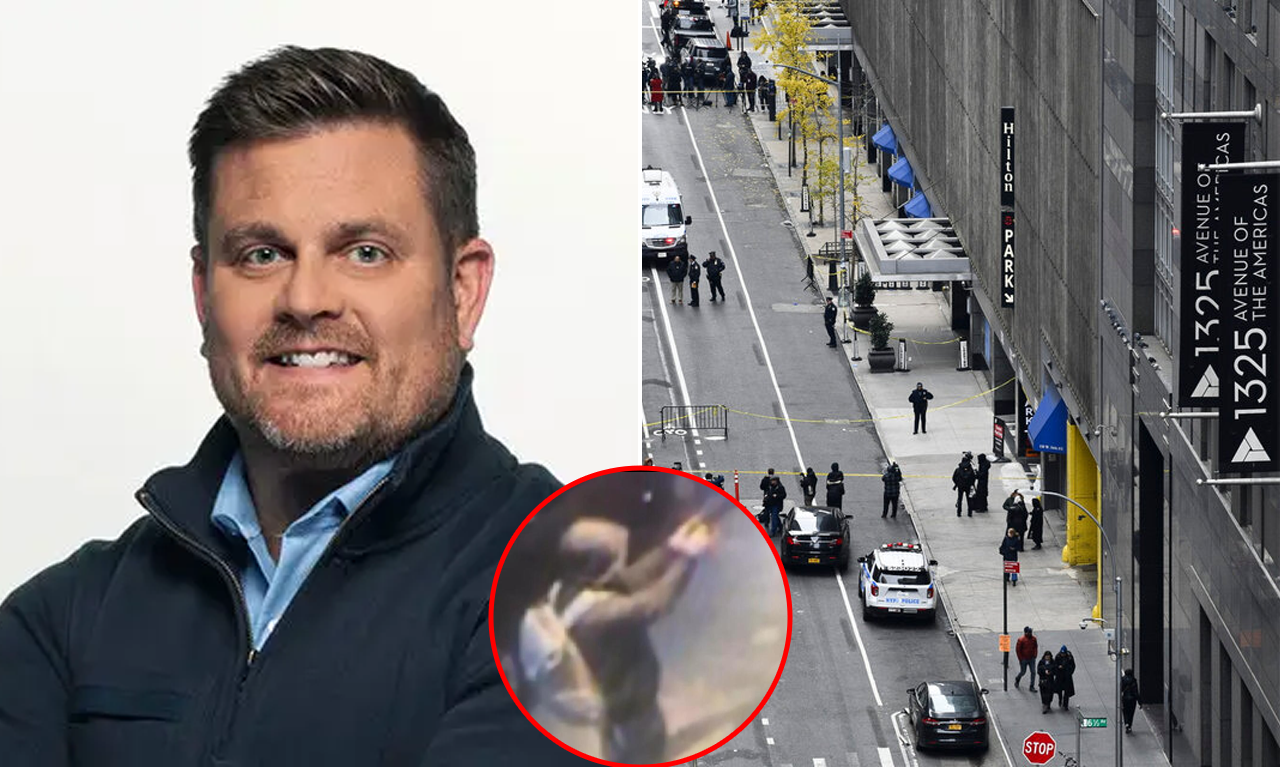Mr. Thompson’s killing on Wednesday outside a midtown Manhattan hotel as he was walking toward the UnitedHealth Group’s annual investor day sent shock waves through the nation’s vast health care sector. The fatal shooting elicited an outpouring of sympathy from rival insurers, executives, health care providers and others.

During Mr. Thompson’s tenure as chief executive of UnitedHealthcare, the company’s profits rose, with earnings from operations topping $16 billion in 2023 from $12 billion in 2021. Mr. Thompson received a total compensation package last year of $10.2 million, a combination of $1 million in base pay and cash and stock grants.

He oversaw significant growth in one of the company’s key businesses, the sale of private insurance plans under Medicare Advantage, a program mainly for those 65 and older that receives federal funds and now covers roughly half of the 61 million people signing up.
“He sure as heck had a lot of role in the proliferation of Medicare Advantage,” said Matt Burns, a former United executive who spent several years working for Mr. Thompson, whom colleagues knew as BT.
From a modest blue-collar background in Iowa, Mr. Thompson had achieved executive status but remained open and approachable, Mr. Burns said. When asked to develop a long-term plan for the company, he solicited input from top executives and then synthesized their views. “That speaks to how inherently sharp he was and how well he knew the business,” Mr. Burns said.
He was also well-regarded by Wall Street analysts, where he was known for his reassuring descriptions of the company’s outlook.

On a recent call with Wall Street analysts and investors to discuss the company’s financial results, Mr. Thompson provided a confident voice when questioned. When asked about the employer segment, he told one analyst, “I feel really good about not only our performance, but our cost management inside our commercial business.”
Mr. Thompson had presided over the division as it faced multiple inquiries and has been criticized by congressional lawmakers and federal regulators who accused it of systematically denying authorization for health care procedures and treatments.

The insurance arm of UnitedHealth Group has also been under federal scrutiny because the parent company was the victim of a broad cyberattack on its billing and payment system, Change Healthcare. Private information, including health data, from more than 100 million Americans was compromised in the ransomware attack. The parent company paid $22 million in ransom in an effort to stop the hackers.
UnitedHealth Group has a sprawling dominance over nearly every segment of health care, and it is one of the nation’s largest companies overall, with $372 billion in revenue last year. But its massive size and scope have attracted the attention of the Justice Department, which is looking into the whether the company has engaged in any anti-competitive behavior. The company’s proposed acquisition of a major home care company recently resulted in a lawsuit filed by the Justice Department and four state attorneys general seeking to block the deal.

After Mr. Thompson joined UnitedHealth Group in 2004, he rose steadily, taking on various finance roles and eventually overseeing the company’s government plans offered to people who qualify for Medicare or Medicaid, the state-federal program for the poor. United’s management of those plans has also been scrutinized by the federal government.
Those who worked with him during that time said he was responsive to concerns about how to serve the individuals in those programs. “Every interaction with him felt extremely genuine,” said Antonio Ciaccia, a consultant who discussed using pharmacists to help provide better care for people receiving Medicaid. “He was a very good listener.”

Before he went to work at United, Mr. Thompson spent nearly seven years at PricewaterhouseCoopers, also known as PwC, the large accounting firm. He graduated from the University of Iowa with a bachelor’s degree in business administration with an accounting major in May 1997.
A number of the insurer’s rivals and others recalled Mr. Thompson’s management style, saying they were stunned at the fatal attack.
“It’s a very dark day for all of health care,” said Michael Ha, an analyst at Baird who was at the investor conference on Wednesday. “He was so smart, talented leader, very well-respected, with such a bright future as a health care leader.”

Gail Boudreaux, the chief executive of Elevance Health, said that overseeing health care organizations “is marked by dedication, compassion and a profound commitment to improving lives, and Brian embodied these qualities and more.’’
“I knew him to be a visionary leader who developed innovative ideas to take on some of the nation’s greatest challenges,” said Kim Keck, the chief executive of the Blue Cross Blue Shield Association, which represents Blue Cross plans. “His death is a great loss for our country and for the health care industry.”

In a video sent to UnitedHealth employees, Andrew Witty, the parent company’s chief executive, said: “Brian was a truly extraordinary person who touched the lives of countless people throughout our organization and far beyond. It’s a terrible tragedy.” The Wall Street Journal earlier reported the video message.
In a statement issued on Wednesday, the company said it was working closely with the New York Police Department. “Our hearts go out to Brian’s family and all who were close to him,” the company said.
Mr. Thompson lived with his family in a suburb of Minneapolis. He is survived by his wife, Paulette R. Thompson, a physical therapist who works for a Minnesota health system, and two children.
Joe Rennison, Julie Creswell and Matthew Goldstein contributed reporting.










